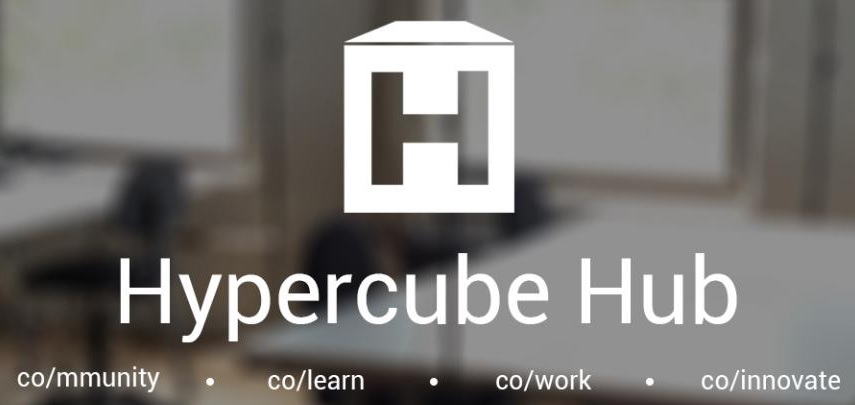Zimbabwe is positioned to take advantage of ICT opportunities for economic growth
Remarks by U.S. Ambassador Bruce Wharton at the ZITF Business Conference in Bulawayo, Zimbabwe on April 23rd highlight how Zimbabwe is positioned to take advantage of opportunities for economic growth. Not only can information communication technology support current industries, but it can also create new economic opportunities in the form of digital applications. The ambassador also discussed how the United States is helping Zimbabweans explore new opportunities with ICT, namely through funding a new tech hub, Hypercube.
Zimbabwe digital market background:
- The African mobile phone market is larger than the EU or USA (650 million subscribers)
- International bandwidth has grown 20x in the past five years
- Mobile money and dual SIM phones are being used beyond Africa
- ICT can support other industries by ending a reliance on raw materials
- A software industry (apps, games, graphics, call centers, data analysis) can become a new contributor to the overall economy
- Africa’s iGDP (internet contribution to overall GDP) remains half that of other developing areas but that share should grow 5-6x by 2025
- 4 of the 10 most popular websites accessed via Opera Mini are local content domains – among the highest in Africa
What’s required for ICT to succeed as an economic driver in Zimbabwe:
- Local needs must be kept in mind
- An enabling environment should be created and maintained by the government (this includes fiscally responsible policies and confidence in the national banking system)
- Collaboration across all sectors (public & private)
- Pilot programs with appropriate evaluation to replicate
- Better access to capital requires more transparent policies
The U.S. Embassy has committed to strengthen entrepreneurship and business development skills. For one, they hope to replicate Kenya’s success with the tech popular tech hub iHub:
- Hypercube Hub will guide Zimbabweans to launch new businesses and will bridge the gap between investor and entrepreneur
- Workshops and educational events are already underway
- Long term, Hypercube will house an incubator, accelerator program, hardware development space, 3D printers, and a gaming studio
- Startup Weekend Harare will be held in May 2014 to drive further local innovation
For another look at Zim’s Hypercube Hub, please refer to TechZim‘s “The DNA of Zim’s technology hubs Part 2 – Hypercube Hub” which notes that the U.S. State Department contributed $75,000 of $210,000 to run it’s programs over the next three years.













 Twitter
Twitter Facebook
Facebook Pinterest
Pinterest